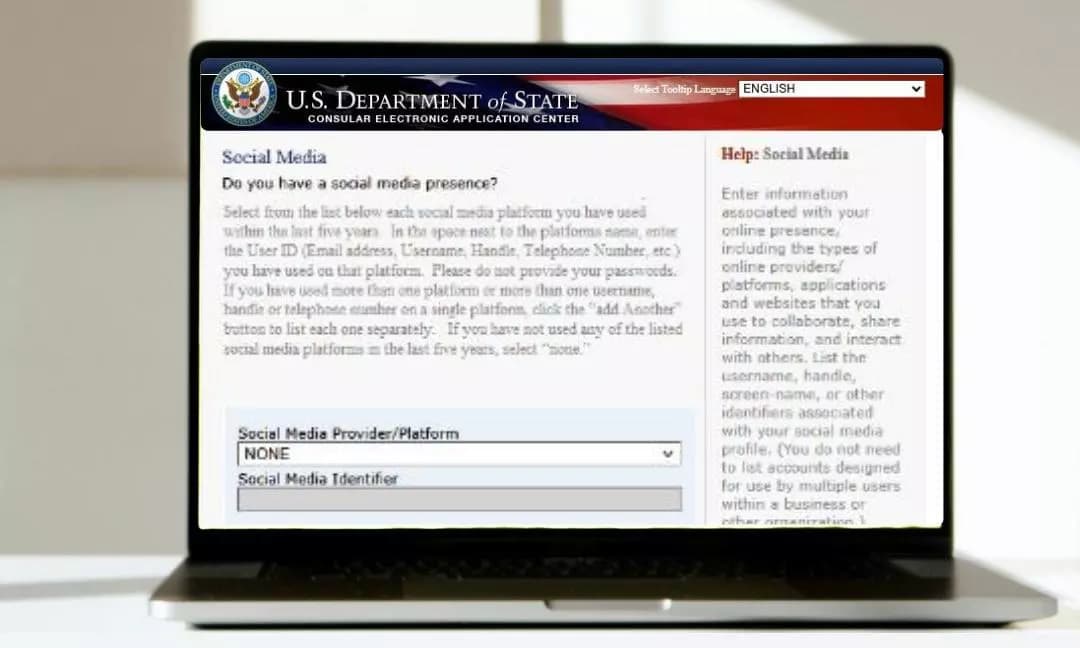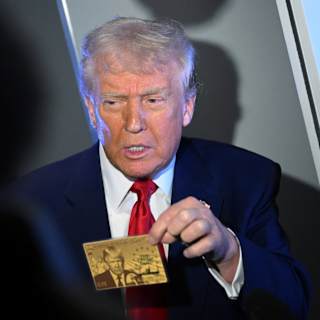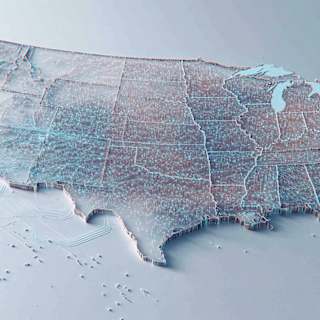- Expanded Screening Takes Effect
- Resumption After Month-Long Pause
- Privacy Concerns Mount
The United States Embassy in India warned visa applicants Thursday that failing to disclose social media information could result in denial and future ineligibility, reinforcing new requirements that force prospective students and exchange visitors to make their online presence public for government review.
The announcement comes as the Trump administration expands social media vetting for F, M, and J nonimmigrant visas, requiring applicants to list all usernames from the past five years and adjust privacy settings to "public" before submitting applications.

Under the new rules implemented this week, visa applicants must provide comprehensive social media histories on the DS-160 form, including platforms like Facebook, Instagram, Twitter, LinkedIn, and YouTube12. The U.S. Embassy stated that "every U.S. visa adjudication is a national security decision" and officials will use "all available information" in screening processes34.
According to internal State Department cables obtained by news outlets, consular officers are instructed to look for "hostile attitudes toward our citizens, culture, government, institutions, or founding principles"56. The guidance specifically mentions that public endorsement of Hamas activities could constitute grounds for ineligibility5.
The State Department resumed student visa interviews on June 18 following a nearly month-long suspension that began May 2712. During the pause, officials developed expanded social media screening guidelines that now require comprehensive vetting of applicants' online activity using "any appropriate search engines or other online resources"1.
The policy affects millions of international students, scholars, and exchange visitors annually who apply for F, M, and J visas3. According to The New York Times, the department has instructed consular posts to prioritize students attending colleges where international students comprise less than 15% of the student body1.
The expanded requirements have prompted criticism from civil liberties advocates. Jameel Jaffer, executive director of the Knight First Amendment Institute at Columbia University, called the policy "a digital-age version" of Cold War-era ideological vetting that historically excluded prominent figures like Pablo Neruda and Gabriel García Márquez1.
Gregory Nojeim of the Center for Democracy & Technology expressed concern about the practice, while Sophia Cope of the Electronic Frontier Foundation told The Register that "government social media surveillance invades privacy and chills freedom of speech"2.
Reports indicate students are already modifying their online presence, with South Korean applicants reportedly hiring "digital undertaker" services to scrub social media accounts2. Indian students have similarly begun deleting potentially controversial posts2.
The social media disclosure requirement represents an expansion of policies first implemented in 2019, when the State Department began requiring visa applicants to provide social media identifiers34.



